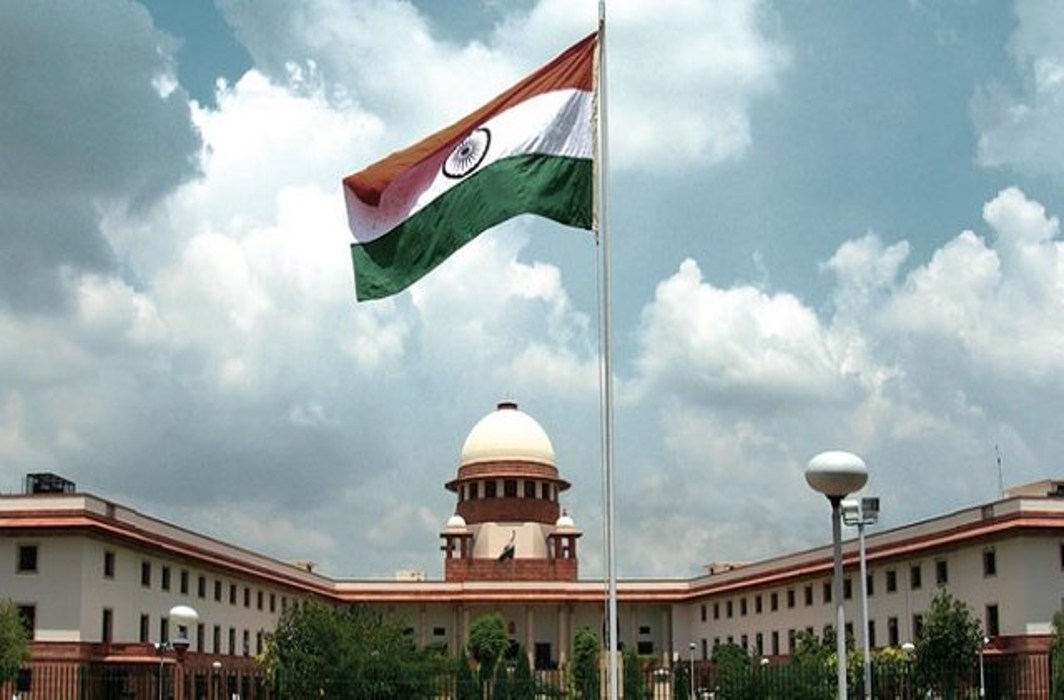The Supreme Court on Friday ruled that landowners who refuse to accept compensation for land belonging to them that was acquired cannot subsequently seek cancellation of such acquisition.
The judgement was given by a Constitution bench of five judges – justices Arun Mishra, Indira Banerjee, Vineet Saran, MR Shah and Ravindra Bhat and is expected to impact various land acquisitions made by different governments under the earlier Land Acquisition Act, 1894. The case related to the interpretation of sections of the Right to fair Compensation and Transparecy in Land Acquisition , Rehabilitation and Resettlement Act 2013 which stated that compensation undee the 1894 Act will lapse on the commencement of the 2013 Act if compensation has not been paid. The bench ruled that proceedings under the old Act will lapse only if possession has not been taken and compensation has not been paid. But if possession has been taken and compensation not paid, there will be no lapse.
The case pertains to the interpretation of Section 24(2) of the Right to Fair Compensation and Transparency in Land Acquisition, Rehabilitation and Resettlement Act which came into force in 2013. As per the provisions, if a land is acquired and the compensation of the land is not paid within five years, the acquisition process would lapse.
This case came about as a result of two contradictory judgments over whether a land acquired by the government would lapse, if it fails to deposit the compensation within a span of five years in the bank account of the land owners. A three judge bench in a 2014 case held that if the compensation is not deposited in the bank accounts of the land owners it means they have not received the payment. The judgment clarified even if the payment was kept in government treasury it would not mean that the payment has been made.
But in a judgement that went directly opposite to the 2014 case, , another three-judge bench in a 2018 case held that if the land owner himself refuses to accept compensation from the government, the land owner cannot claim that five years had lapsed and acquisition became invalid.
It was this that prompted the then Chief Justice of India Dipak Misra to set up a Constitution Bench to decide if the second case could have invalidated the decision of the 2014 bench. A five-judge constitution bench started hearing the case at length on 15 October last year. In conclusion, Justice Mishra said the spirit of the judgement was that the benefit should go to the land owners, agriculturists and not intermediaries.
Read Judgment Here


